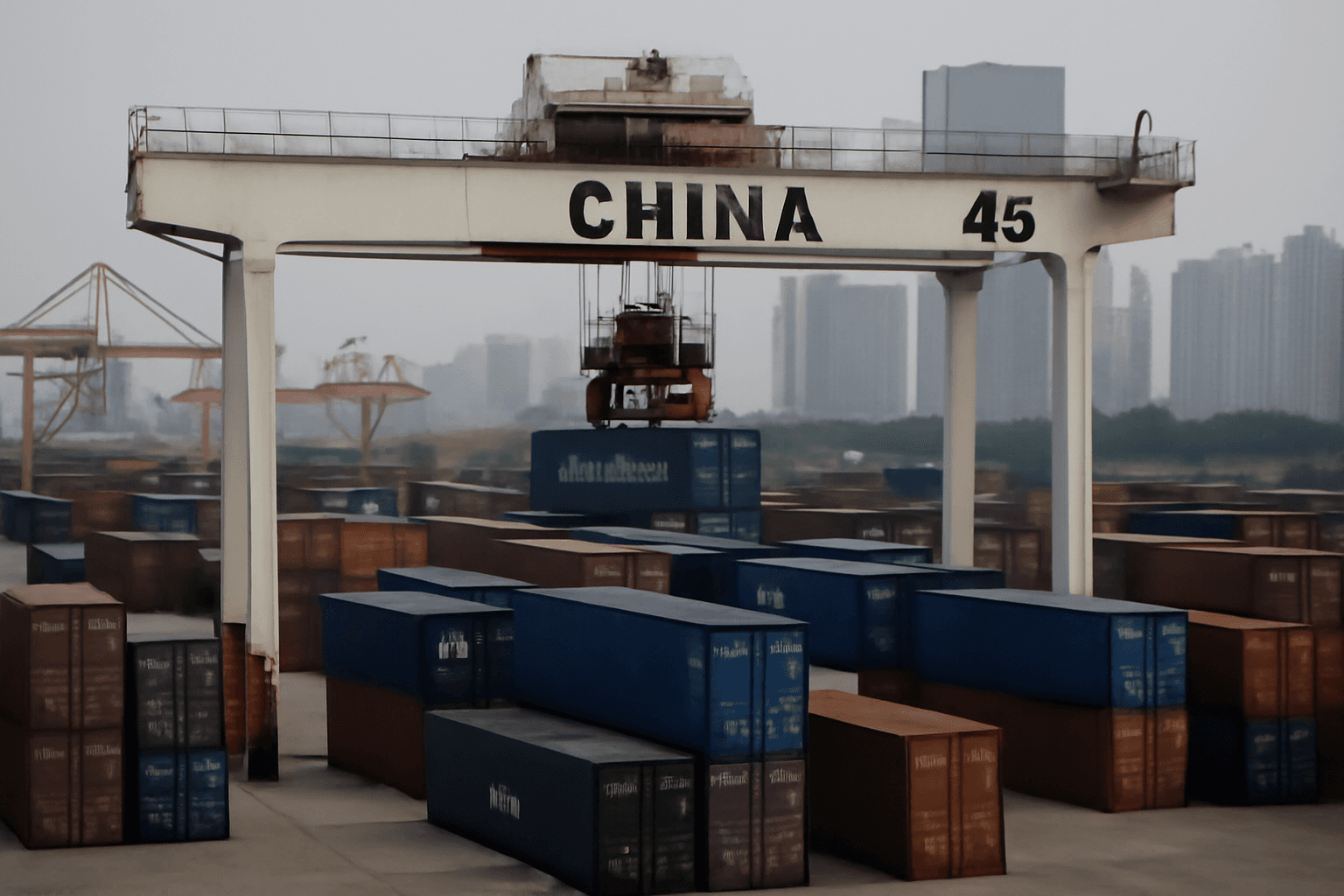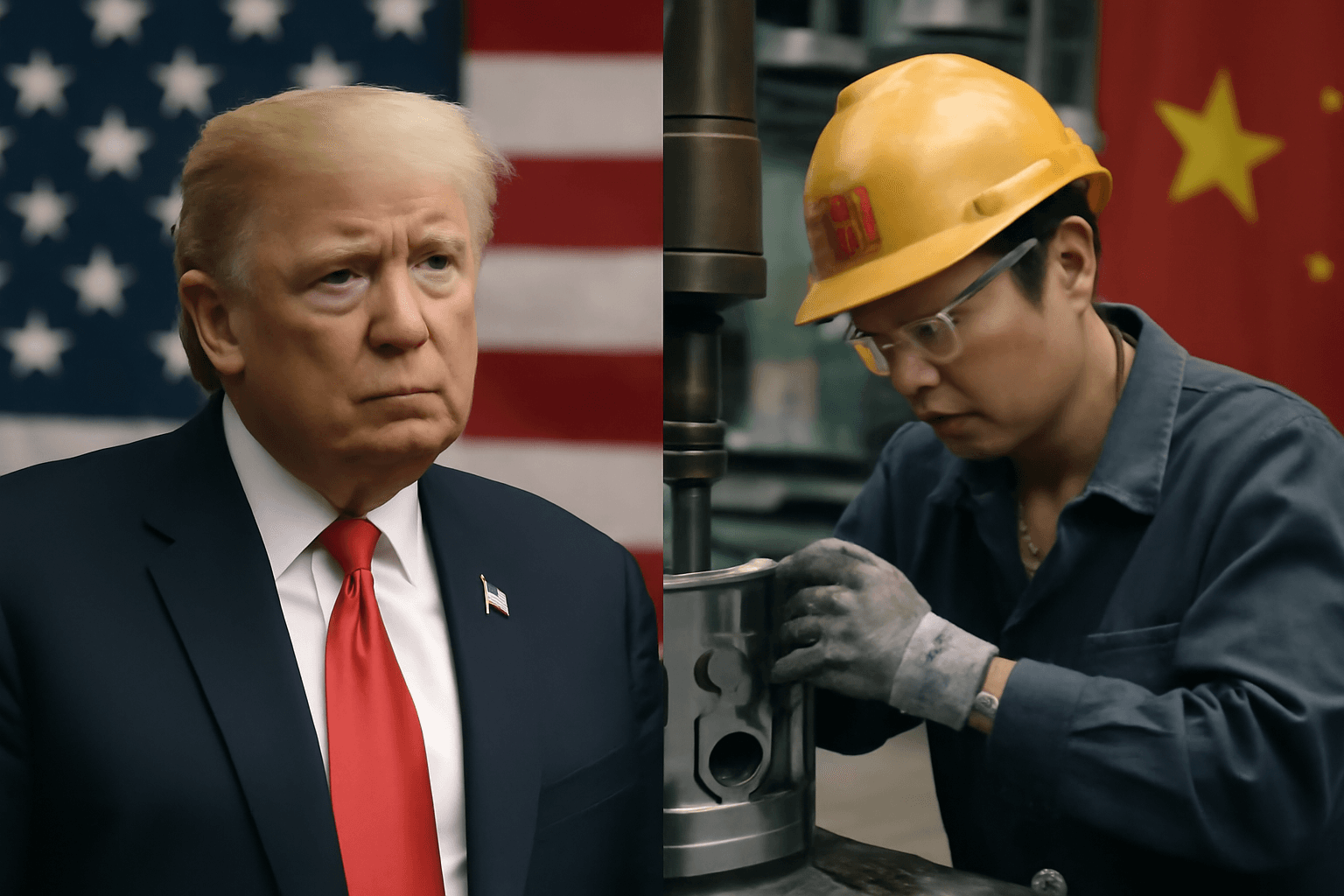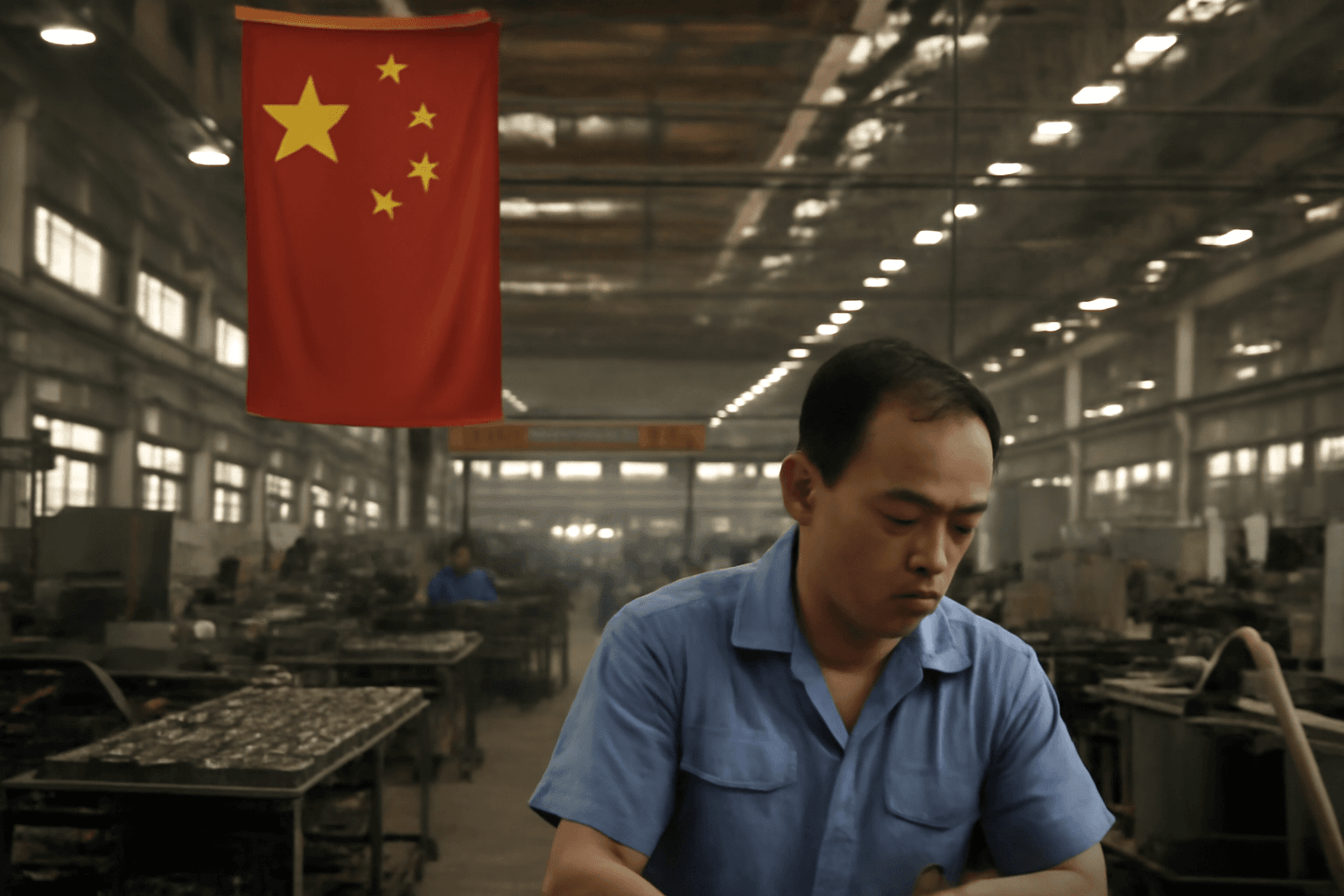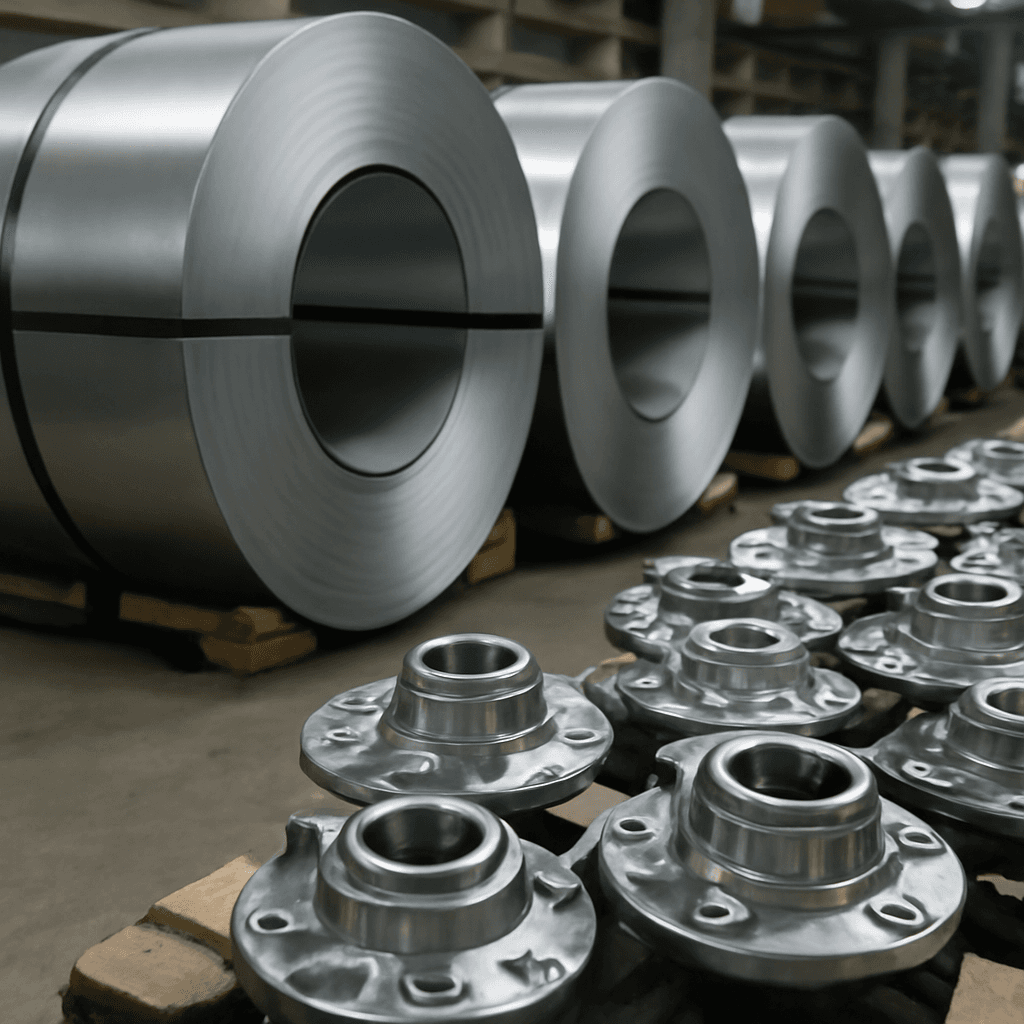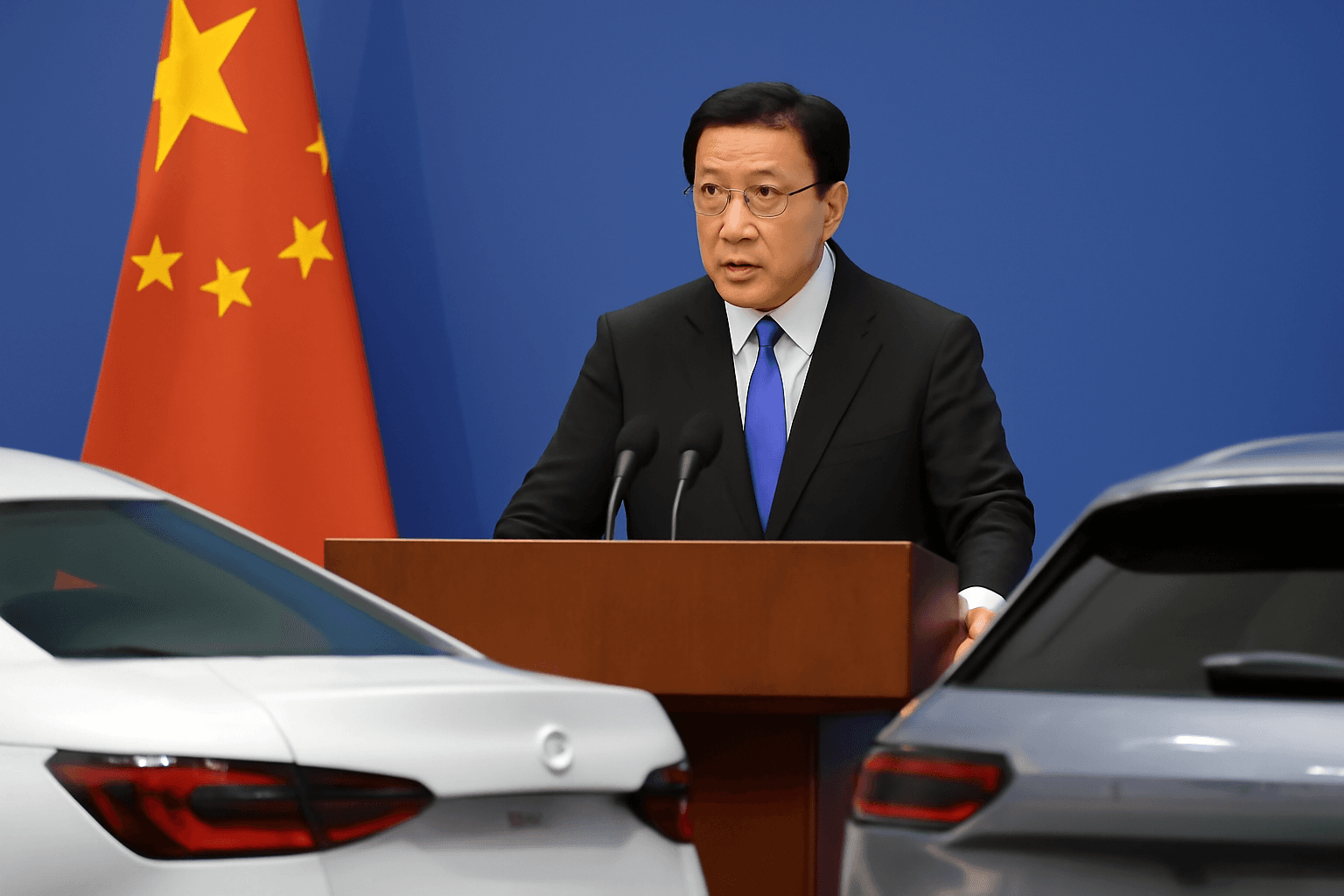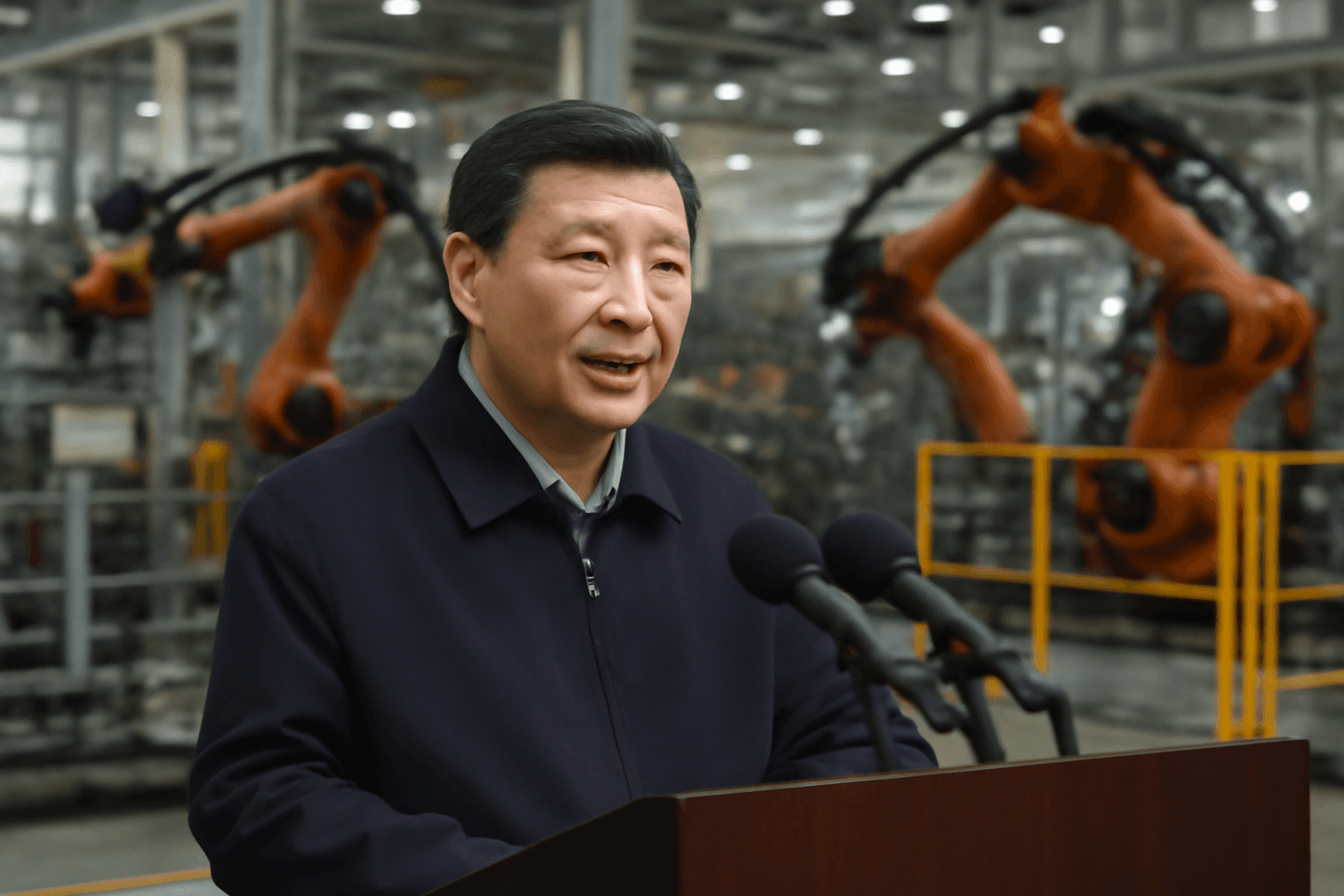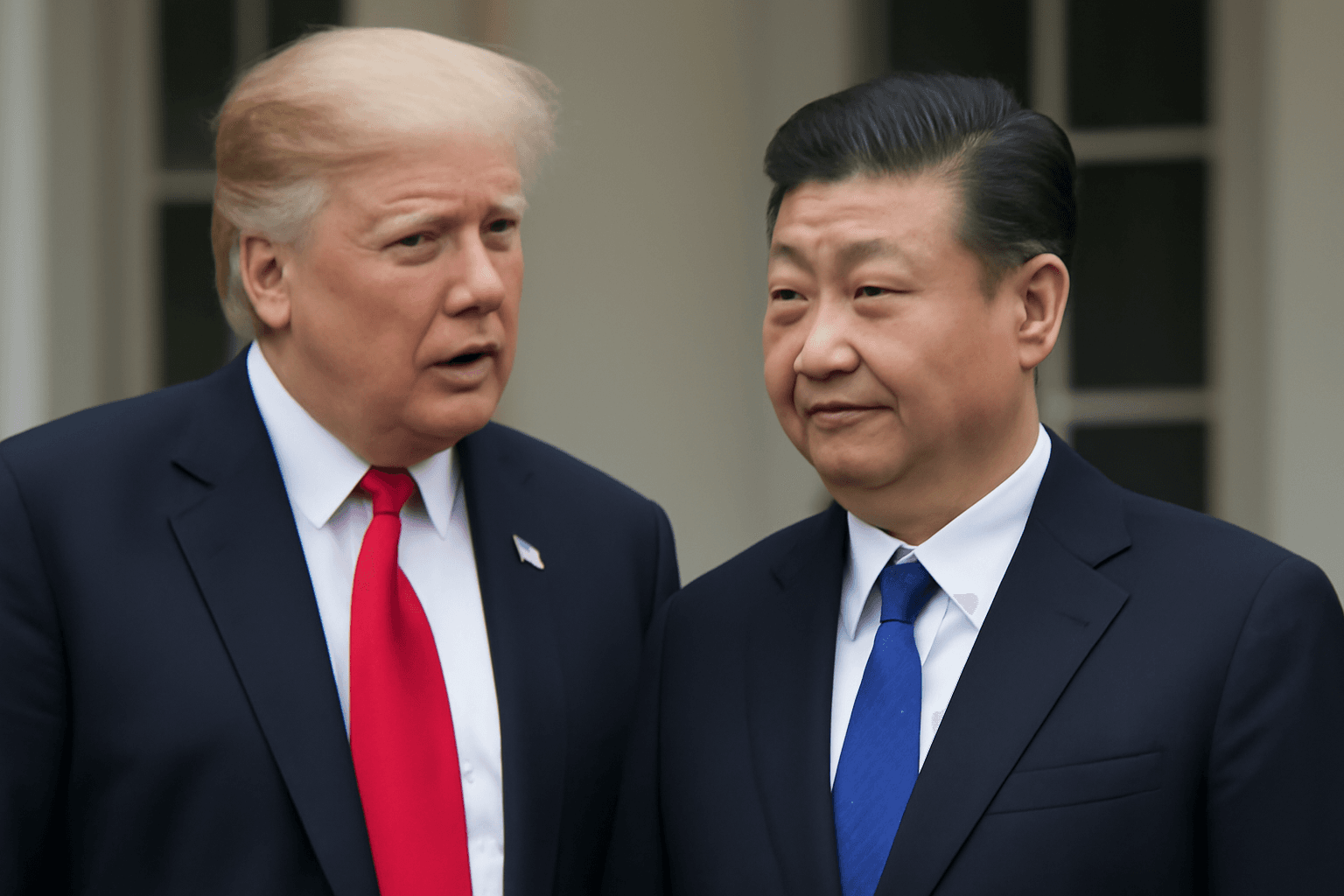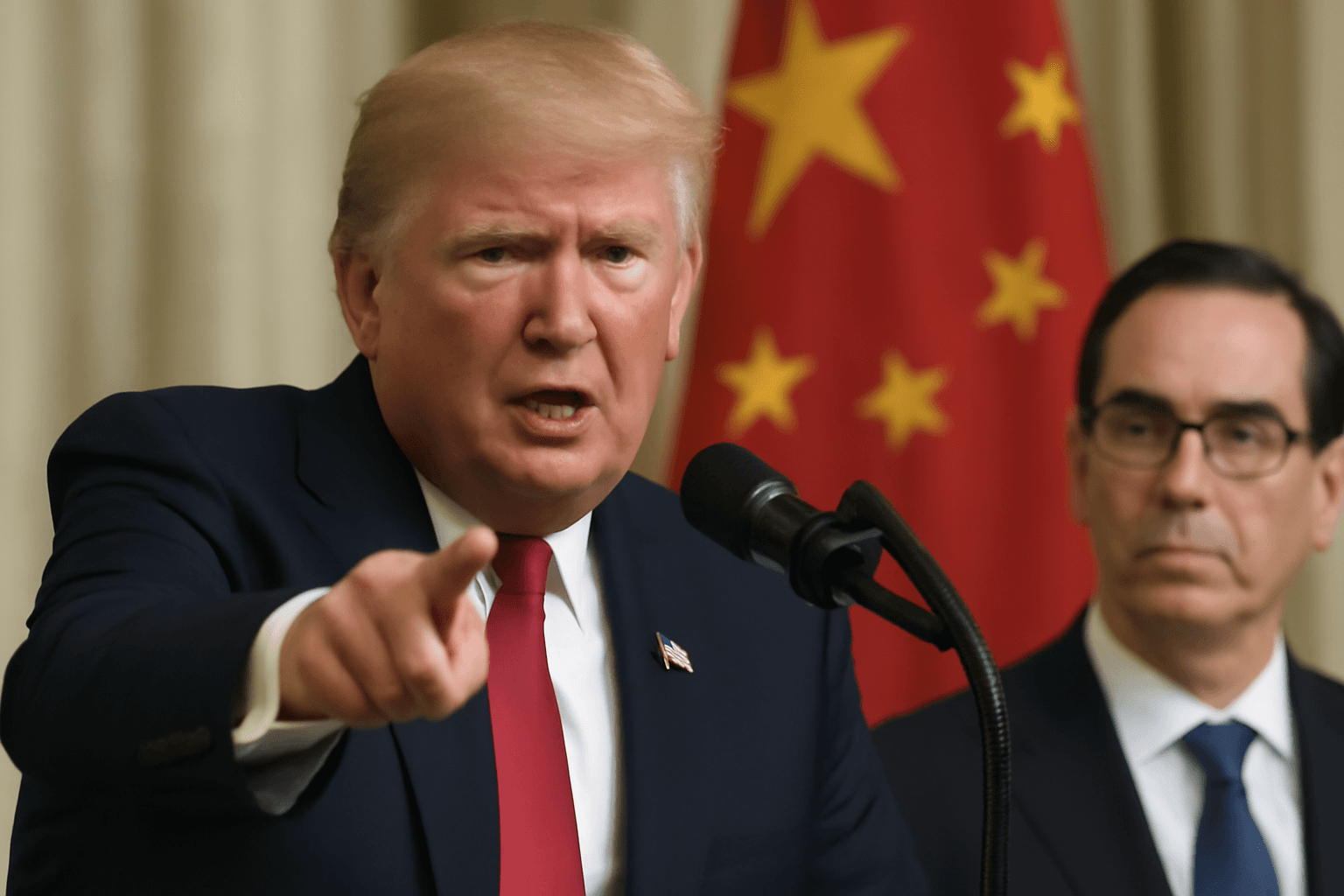European enterprises are increasingly cutting costs and scaling back their investments in China as the country's economic growth slows and market competition intensifies. This trend was highlighted in the Business Confidence Survey 2025, released by the European Chamber of Commerce in China on May 28, 2025.
The challenges faced by European companies mirror broader economic difficulties in China, largely driven by a prolonged real estate downturn that has negatively impacted consumer spending. Additionally, Beijing is encountering growing resistance from Europe and the United States due to a surge in Chinese exports.
"The picture has deteriorated across many key metrics," the European Chamber stated in its survey introduction. Chinese firms, motivated by government subsidies, have heavily invested in sectors such as electric vehicles (EVs), resulting in production capacities that exceed demand. This overcapacity has led to intense price competition, eroding profit margins, and has pushed Chinese companies to aggressively target overseas markets.
European industries are concerned that increasing imports from China could threaten domestic manufacturing and employment. In response, the European Union imposed tariffs on Chinese electric vehicles last year, citing unfair subsidies by the Chinese government.
Jens Eskelund, President of the EU Chamber in China, remarked to the press that there is a growing perception that the benefits of the bilateral trade and investment relationship are not equitably distributed. While he acknowledged China's efforts to stimulate consumer spending, he emphasized the need for the Chinese government to balance supply growth with demand to maintain market stability.
The survey, which collected responses from approximately 500 member companies between mid-January and mid-February 2025, revealed increased downward pressure on profits and a decline in business confidence that has yet to stabilize. Eskelund concluded, "It is just very difficult for everyone right now in an environment of declining margins."

